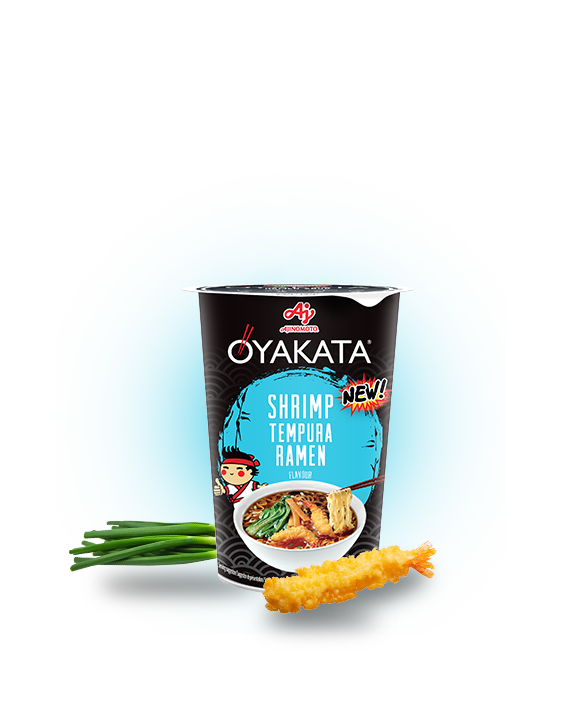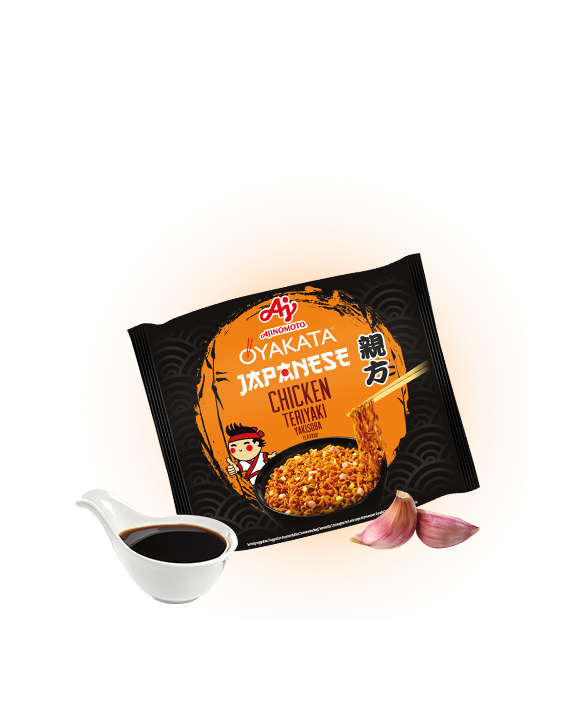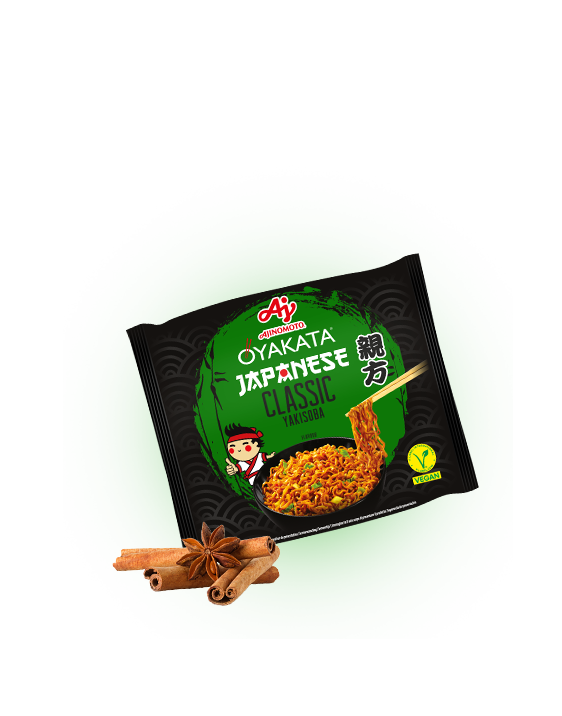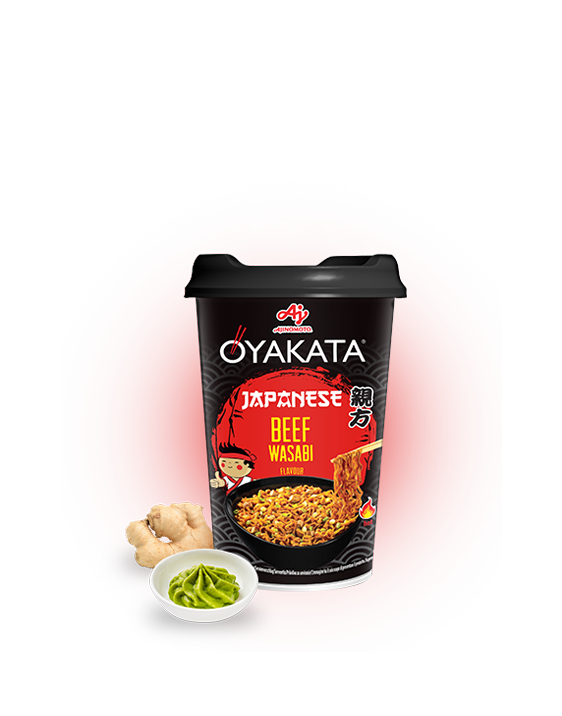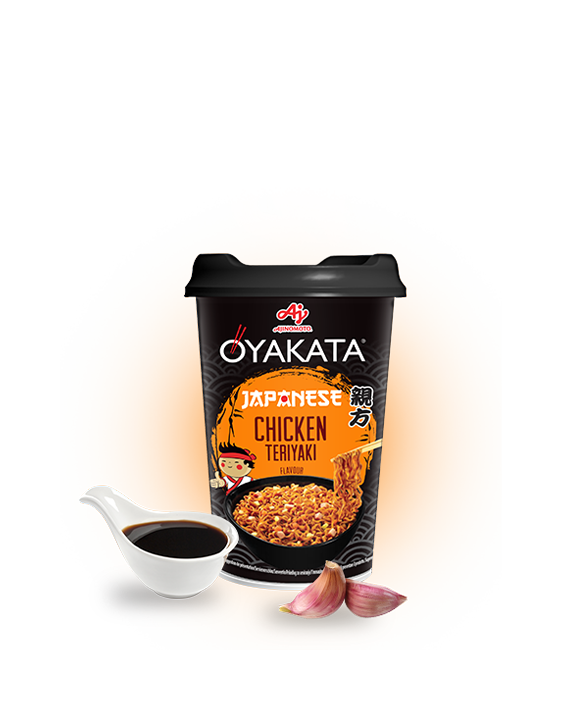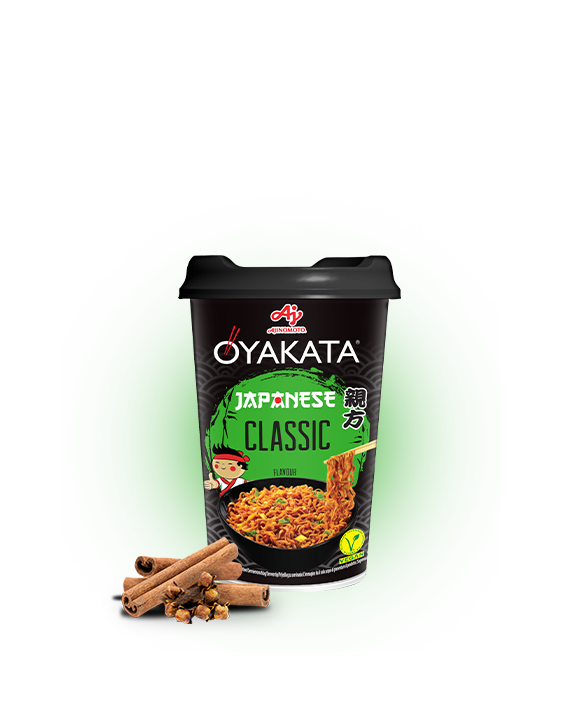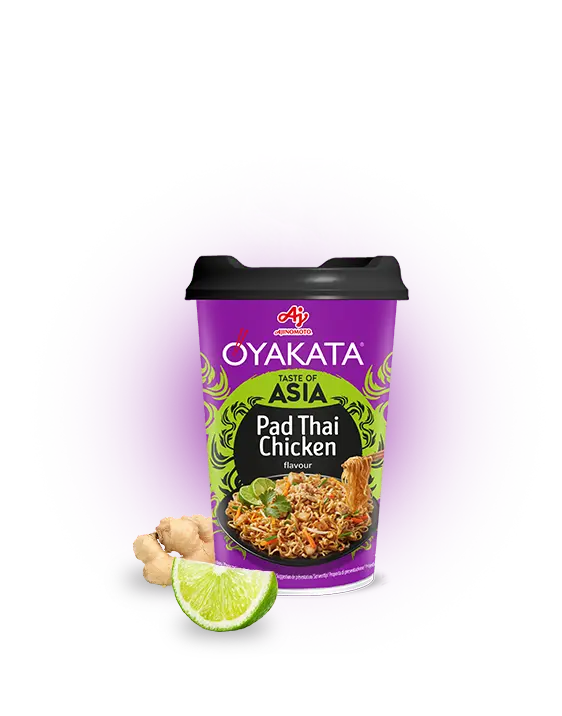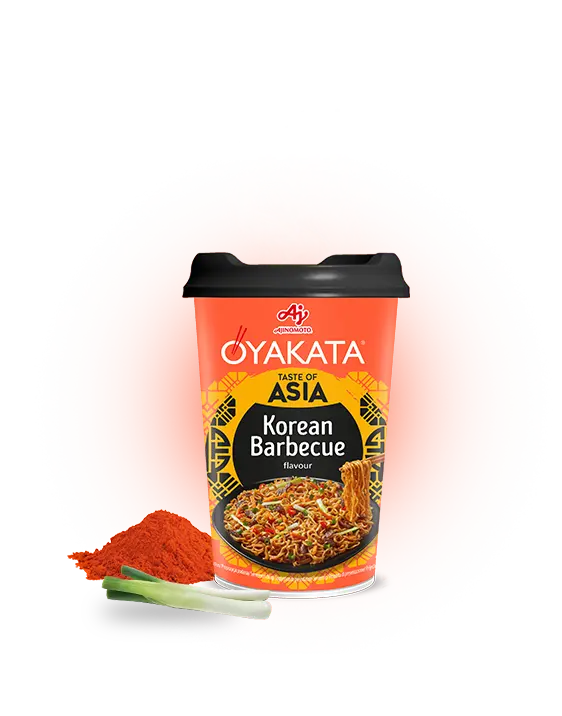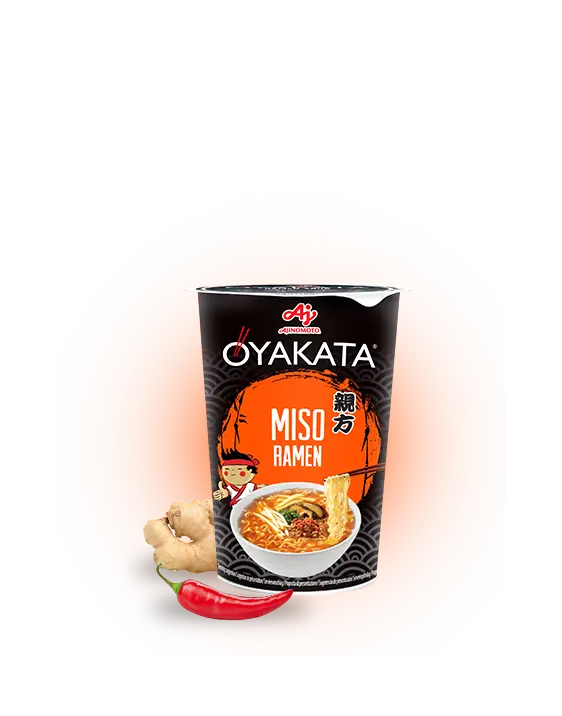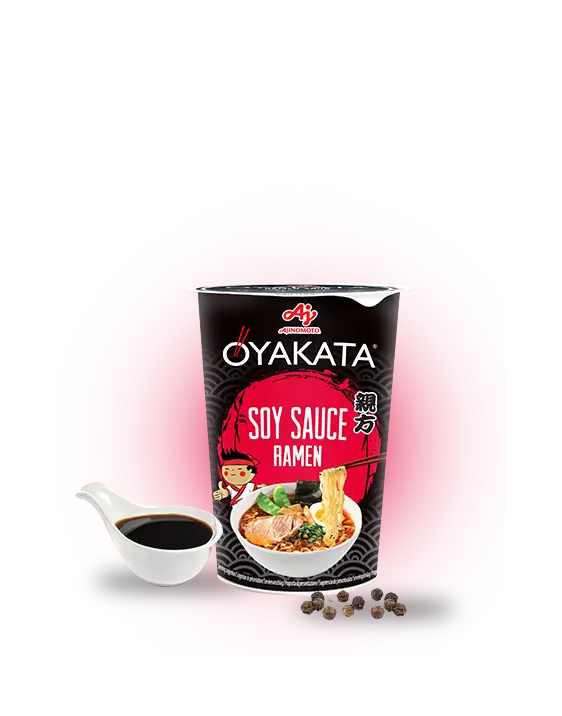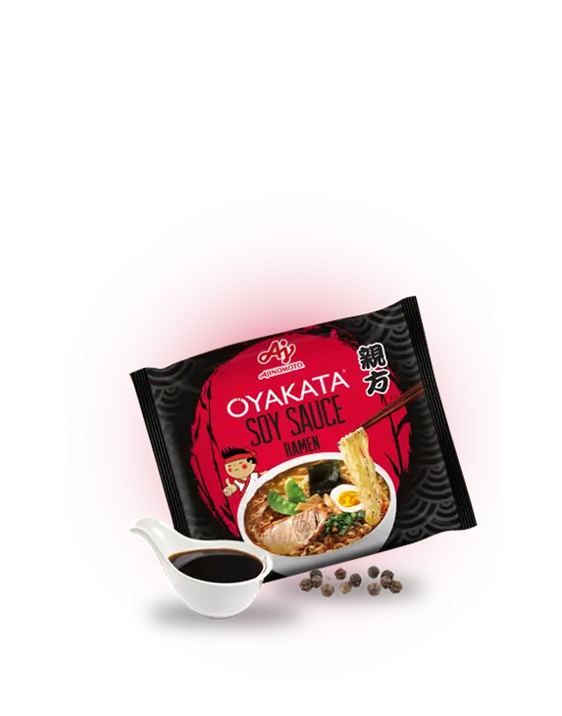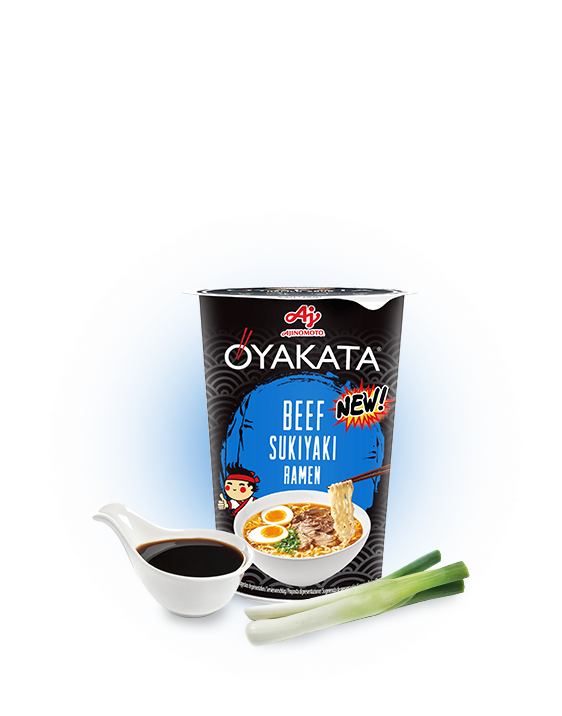

IKIGAI – THE JAPANESE PHILOSOPHY OF HAPPINESS
Japanese art of happiness
While the simplicity and imperfection of wabi-sabi can be regarded as a Japanese answer to Scandinavian interior trends, it is difficult to find there a recipe for happiness that could compete with the Danish hygge or Swedish lagom. The Japanese recipe for a life filled with calm and contentment is ikigai – a philosophy practised by Okinawa residents, who happen to be the longest living people in the world.
The meaning of ikigai
Ikigai is translated as life’s enjoyment and substance. The Japanese verb “iki” means “live”, and “gai” literally translates to “reason”. The ikigai philosophy is described as a motivational system which makes us want to get up each day. In a narrower sense, the term applies to specific activities and states which we attach some value to, thus finding in them the purpose of our lives and actions. These can be both everyday small things or great plans that we become engrossed in when turning them into reality.
Work addiction or a happiness philosophy? – Ikigai basic rules
One of the most important pillars of the Japanese philosophy of happiness is search for activities that will enable us to become completely immersed in the moment, and that will induce creative and absorbing flow. Do you happen to lose the track of time during work, your favourite activity or a conversation with someone close? If the answer is yes, then you have found your ikigai. Its core is finding enjoyment and purpose in what we are doing in a given moment, without expecting a spectacular result, success or applause of those around us. Hence the Japanese tradition of rituals. What counts in the Japanese tea ceremony is not only the result of actions taken (i.e. aromatic brew) but a careful and attentive execution of the actions.
Ikigai emphasises the value of activities which we do for ourselves – such as writing stories with no intention to publish them, or painting pictures that no one will see. Such an attitude helps to get to know oneself, to discover and accept one’s uniqueness, and at the same time it impacts how we consider job-related tasks. According to ikigai, they should not be a means to achieve financial goals, but they need to be a goal in itself. Japanese craftsmen can perform the same, monotonous activities for years without losing passion and involvement. How is that possible? The answer is ikigai – focus on the enjoyment of activity and a continuous development of one’s skills. Work understood in such a way is no longer a chore; it becomes the good and a value in itself. A value which makes us appreciate the here and now, to focus on the present moment and to enjoy each day.
The ikigai philosophy helps to see the Japanese work addiction from a slightly different perspective. Much as passion for work helps to find happiness in an idyllic Okinawa or Japanese little towns, unfortunately in big cities of Tokyo or Yokohama it takes an inhuman and sometimes extremely dangerous form.
What is the secret of a happy life?
Lives of most of us do not consist of great events and spectacular successes, but small, one-off experiences. By treating them with respect, the Japanese philosophy allows to find happiness and fulfilment in everyday life, as it is here and now. Apart from working on mindfulness and experiencing each activity, even the simplest one, in a conscious manner, ikigai emphasises life in harmony with the surroundings and creating positive relationships with people. Activities taken should serve not only happiness of an individual but also the stability of the entire community.
A study of more than 50 thousand of Osaka residents conducted by scientists at Tohoku University in Sendai found out that people who find ikigai in their lives, have better health, are less likely to develop cardiovascular diseases, are more active and enjoy life more. Maybe instead of missing the good old days, and worrying constantly about a better future, it would make sense to focus on experiencing the everyday life and to find one’s own secret to happiness in them? Work-related duties, a bike ride or maybe a morning cup of coffee? Do you already know where your ikigai resides?



